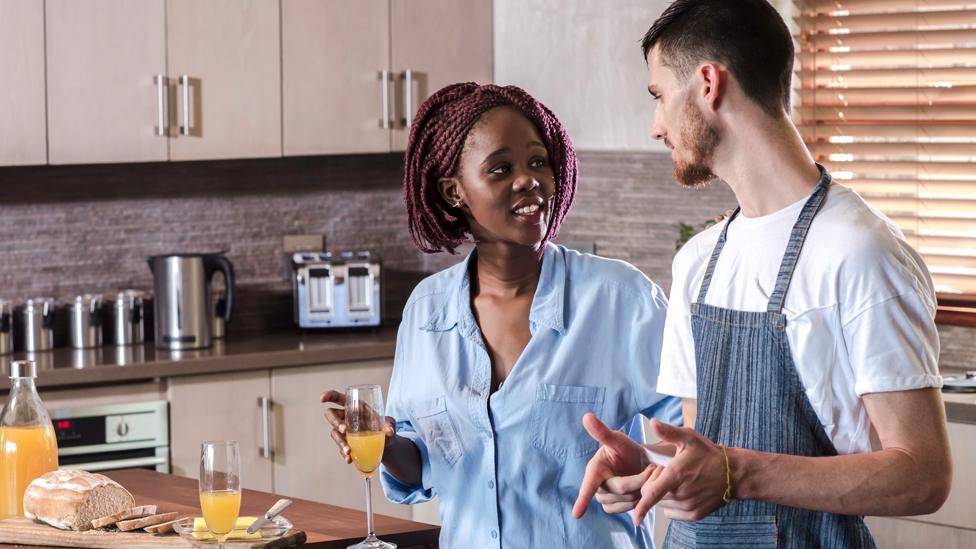Judgement reserved in 'gay cake' Supreme Court case
- Published
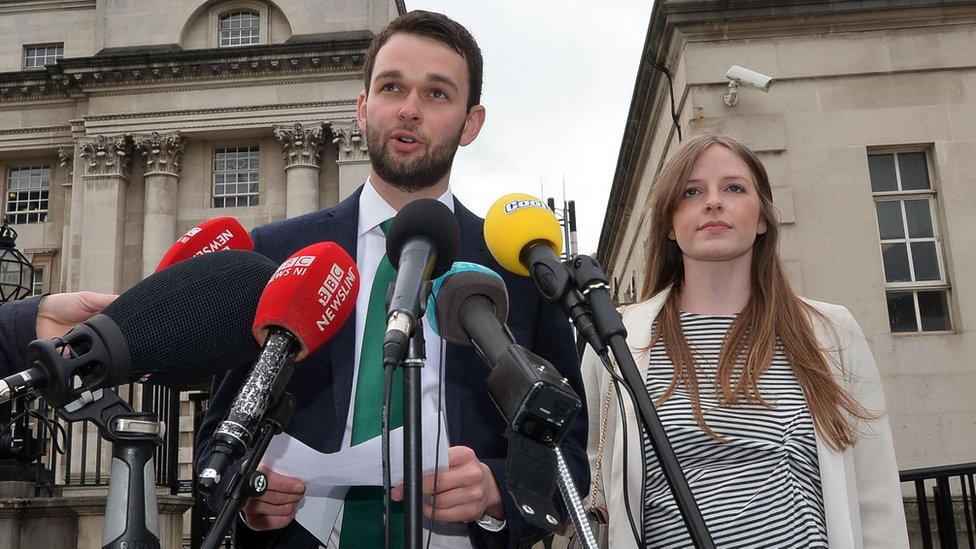
Ashers owner Daniel McArthur argues the cake's message was against their religious views
After a two-day hearing in Belfast, judgement has been reserved in the so-called 'gay cake' case.
Ashers Bakery had challenged the ruling over its decision not to make a cake iced with the slogan "Support Gay Marriage" for activist Gareth Lee.
Mr Lee tried but failed to order the £36.50 cake at Ashers bakery in Belfast in May 2014.
He was at the Supreme Court for the two-day hearing on the case, and is being supported by the commission.
At the end of proceedings, the president of the Supreme Court, Lady Hale, said people should not expect an answer on the case immediately.
"People will of course not expect the answer any time soon," she told the court.
"This is not to say that we don't hope that it might be before the summer - but these cases are by definition complex and difficult.
"And there are five people who have to make up their minds."
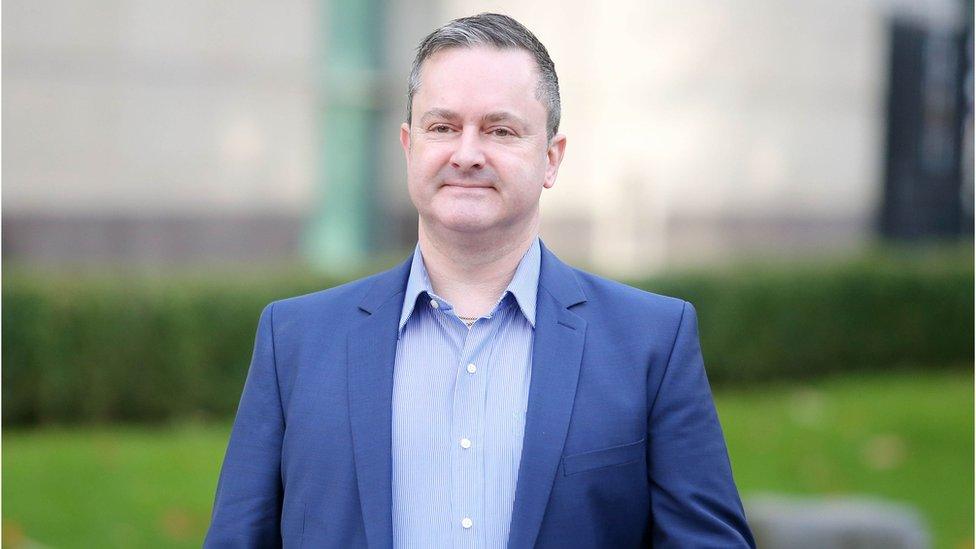
The case was taken by gay rights activist Gareth Lee
The Equality Commission said the four-year legal battle has taken its toll on Mr Lee.
"He is, if you like, the ghost at the banquet," the commission's head, Michael Wardlow, said.
"He's sitting at the side of this and he's been having to live each day saying 'this still is not finished'.
"This (Supreme Court hearing) is hopefully going to settle it once and for all, that the law is there is to protect people, and this needs certainty."
A judgement in the case is not expected until the autumn at the earliest.
The court was addressed earlier on Wednesday by Northern Ireland's attorney general.
John Larkin QC intervened in the case previously, arguing that sexual orientation regulations in Northern Ireland discriminate against those who hold religious or political beliefs.
Mr Larkin is challenging the previous legal judgements against Ashers Bakery.
In October 2016, the Appeal Court upheld a ruling against the bakery's Christian owners, external that their refusal to make a cake iced with the slogan "Support Gay Marriage" was discriminatory.
So far, the legal bill for Ashers is more than £200,000.
Funding the costs
The Christian Institute, a charity, confirmed on Wednesday it has agreed to fund the costs. It said it had raised the money through donations from the public.
The Equality Commission is supporting Gareth Lee, who tried to order the cake.
Their legal costs are estimated so far at £150,000.
The five justices at the Supreme Court began hearing the case on Tuesday.
They will not deliver an immediate judgment on the case. It is expected later this year or early next year.
'Religious beliefs'
The court heard on Tuesday that Ashers Bakery the owners of a Northern Ireland bakery found to have discriminated for refusing to make a "gay cake" were forced to act against their religious beliefs.
However, Mr Lee's barrister said he had 'no abusive intent' placing the order.
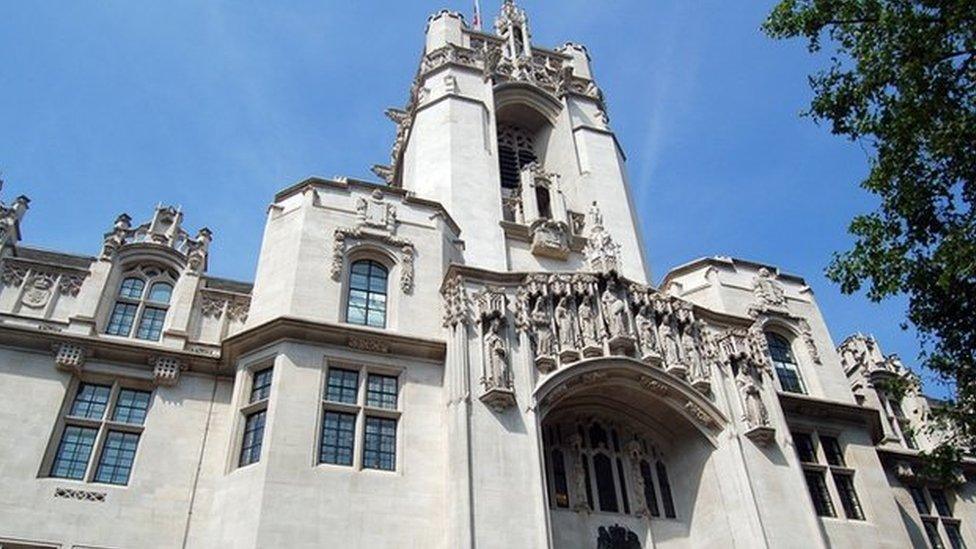
The Supreme Court is the UK's highest court
Earlier on Wednesday, the Supreme court rejected an appeal against two confiscation orders resulting from convictions for dishonestly claiming benefits.
Michael Cecil Harkin, then aged 50, and Donna McCool, then aged 46, both of Circular Road in Londonderry, were jailed for eight and four months respectively in 2013 for the offences.
The court dismissed their appeal by a majority of three to two.
On Monday, the court heard an appeal from a woman's fighting for access to a widowed parent's allowance.
Siobhan McLaughlin, from Armoy, County Antrim, is challenging the rule that parents must have must have married to be entitled to the allowance.
It is only the second time the Supreme Court, established in 2009, has sat away from its permanent home in London - the court held four days of hearings in Edinburgh last June.
The hearings are the first court proceedings in Northern Ireland to be live streamed., external

Case one: 'Stealing from neighbours'
Michael Cecil Harkin and Donna McCool admitted a combined total of 11 income support, jobseeker's allowance and housing benefits frauds.
McCool's total fraud amounted to £76,800 and Harkin's totalled £67,300.
A prosecution barrister told the court that both defendants made false declarations about their marital status in order to unlawfully claim the benefits.
Sentencing them, the judge said they were stealing from their neighbours and that every penny of government money was needed.
In 2014, a judge made confiscation orders for £38,814 against both of them - the cost of their half share in a jointly-owned house in Derry - and they have appealed against that.

Case two: 'Gay cake' row
In May 2014, gay activist Gareth Lee placed an order for a cake to be made with the slogan: "Support gay marriage".
Two days later, the Christian-owned Ashers bakery cancelled the order saying it "would contradict their religious beliefs".
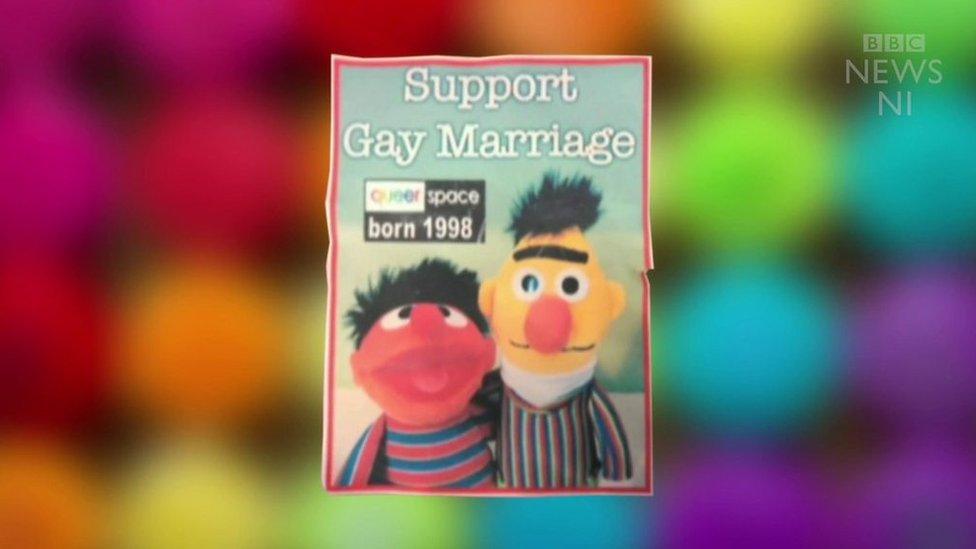
In 2014, gay rights activist Gareth Lee was refused a cake with the slogan: "Support Gay Marriage"
The Equality Commission wrote to the bakery requesting compensation, then took the company to court.
In March 2015, Mr Lee told the court that the bakers' refusal made him feel like "a lesser" person. The bakers argued their position was about the message, not the customer.
A judge ruled that the bakery was guilty of unlawful discrimination.
In 2016, the company appealed but lost. The judges said that, under law, the bakers were not allowed to provide a service only to people who agreed with their religious beliefs.

Case three: 'Losing out on thousands of pounds'
Siobhan McLaughlin lived with her partner John Adams for 23 years and they had four children together, but the couple were never married.
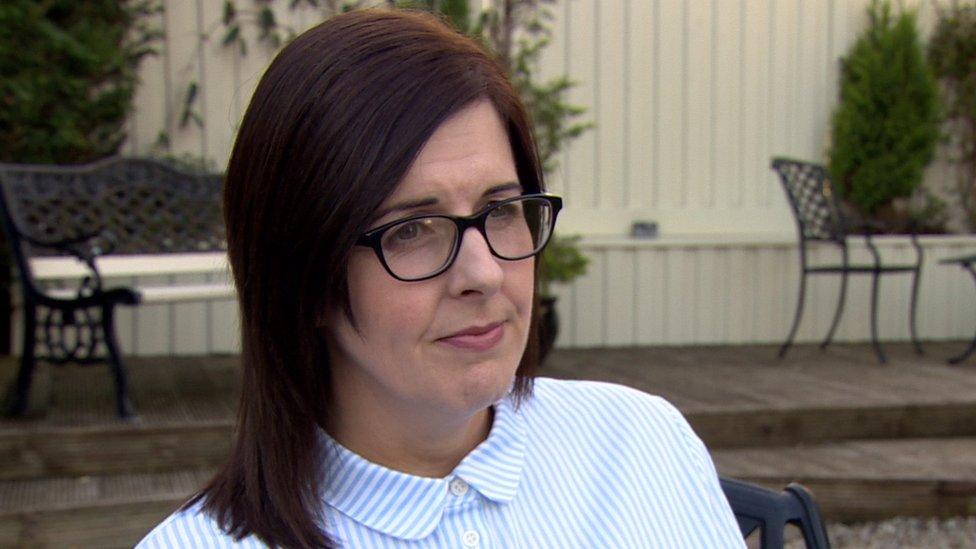
Siobhan McLaughlin lived with her partner John Adams for 23 years and they had four children together
Mr Adams died in 2014. It is estimated the family lost out on thousands of pounds because the couple were not married or in a civil partnership before his death.
After his death, the County Antrim woman challenged the rule that parents must have married to be entitled to a widowed parent's allowance.
Ms McLaughlin won the original case but it was overturned by the Court of Appeal.
The judges did not accept the argument that Ms McLaughlin had been discriminated against on the grounds of her marital status.
The Supreme Court's judgement on her case is not expected to be handed down until the end of 2018, or early 2019.

- Published27 November 2017
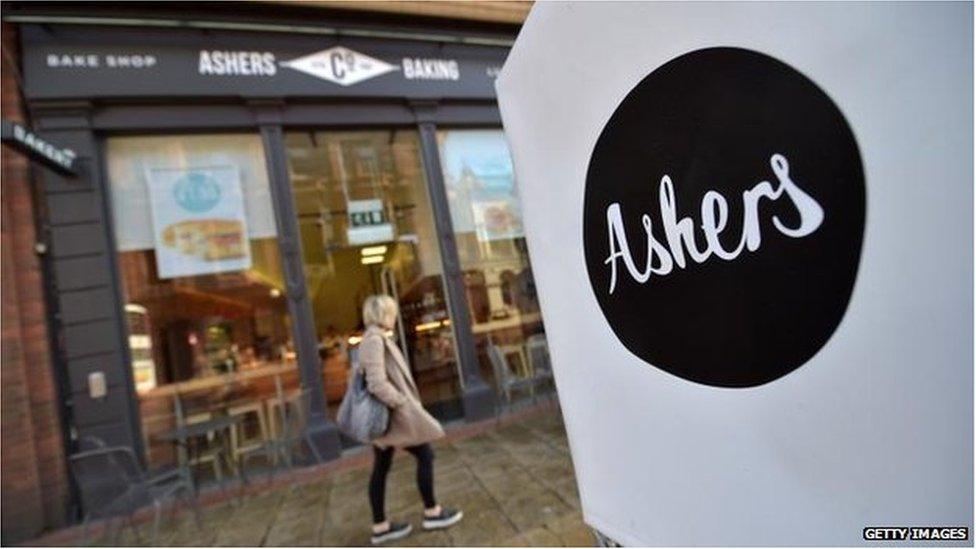
- Published30 April 2018

- Published25 April 2018

- Published6 June 2013
- Published27 November 2017
